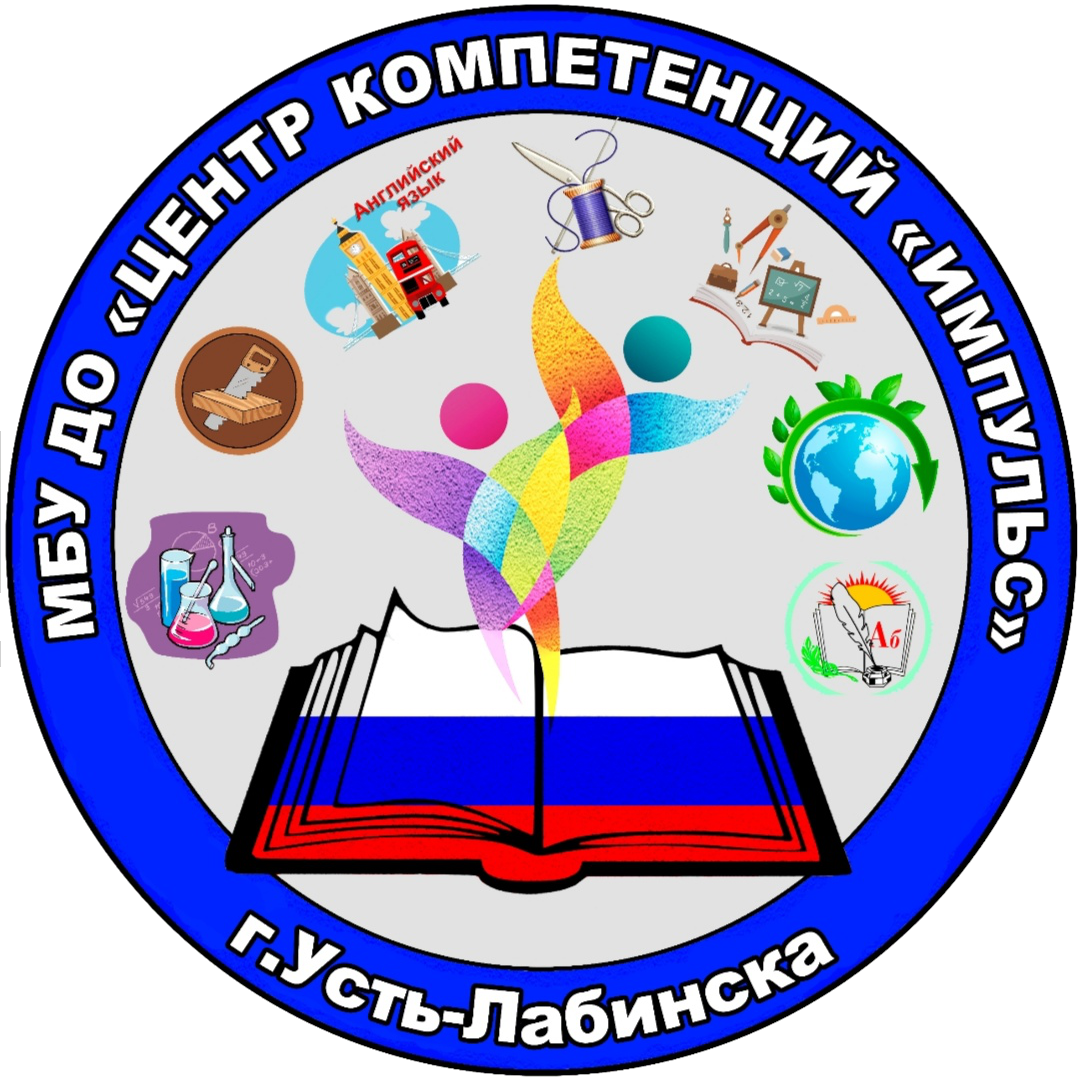,
01.06.2020
Транспортные средства. В аэропорту.
1. Введение лексики по теме.
https://englishfull.ru/leksika/transport.html
https://www.youtube.com/watch?v=yyJpkXTKrH8&feature=emb_title
2. Прочитайте, переведите текст.
There are as many means of transport as you can only imagine. They are a bus, a bicycle, a car, a ship, a train, a plane and so on. And today I want to discuss all of them. The most popular means of transport is a car. Nowadays there are so many car producers and brands that a car becomes the most popular and comfortable type of transport. You can travel by car everywhere. The only thing that can stop you is your driving license and the foreign country rules. А dream of many people is to buy a car and for most of them it comes true. Another popular transport is a bus. Not everyone can drive or many people just want to enjoy the view and concentrate on their thoughts while travelling. And the bus allows all these. The cost of travelling by bus is much lower than that of a car. Bicycle is popular among young people. They use it during the warm seasons to travel around the city or the nearby places. It’s healthy and affordable for most of people. Train is popular for its low cost and cozy atmosphere. You can make a long travel on the train and don’t need to pay a lot for it. Planе is popular for its speed but the cost is quite high. It is thought to be the safest means of transport among all. The most luxurious means of transport is a ship. I mean not those small ordinary ships, but the ones that travel across the oceans with thousands of tourists. They are often called liners. So we just need to pick up the one we like and completely enjoy it.
3. Упражнения.
1. Преобразуйте количественные числительные в порядковые.
Н-р: one (один) – the first (первый), thirty (тридцать) – the thirtieth (тридцатый),
sixty-four (шестьдесят-четыре) – the sixty-fourth (шестьдесят четвертый)
- two
- eighty-three
- seven hundred and sixteen
- twelve
- eleven
- twenty-five
- ninety-six
- thirty-eight
- ten
- two thousand and nine
2. Вставьте глагол to be в Present Simple.
- I ... a pupil. 2. My father ... not a teacher, he ... a scientist. 3. ... your aunt a doctor? - Yes, she ... . 4. ... they at home? - - No, they ... not at borne, they ... at work. 5. My brother ... a worker. He ... at work. 6. ... you an engineer? - - Yes, I.... 7. ... your sister aphotographer? No, she ... not a photographer, she ... a student. 8. ... your brother at school? - - Yes, he ... . 9. ... your sister at school? - No, she ... not at school. 10. My ... sister ... at home. 11. ... this your watch? • Yes, it ... . 12. She ... an actress. 13. This ... my bag. 14. My uncle ... an office-worker. 15. He ... at work. 16. Helen ... a painter. She has some fine pictures. They ... on the walls. She has much paper. It ... on the shelf. The shelf ... brown. It ... on the wall. Helen has a brother. He ... a student. He has a family. His family ... not in St. Petersburg, it ... in New York.
3. Раскройте скобки, употребляя глаголы в Present Simple.
(USUALLY) 1. My sister (to get) up at eight o'clock. 2. She (to be) a school-girl. She (to go) to school in the afternoon. 3. Jane (to be) fond of sports. She (to do) her morning exercises every day. 4. For breakfast she (to have) two eggs, a sandwich and a cup of tea. 5. After breakfast she (to go) to school. 6. It (to take) him two hours to do his homework. 7. She (to speak) French well. 8, My working day (to begin) at seven o'clock. I (to get) up, (to switch) on the radio and (to do) my morning exercises. It (to take) me fifteen minutes, At half past seven we (to have) breakfast. My father and I (to leave) home at eight o'clock. He (to take) a bus to his office. My mother (to be) a doctor, she (to leave) home at nine o'clock. In the evening we (to gather) in the living-room. We (to watch) TV and (to talk).
